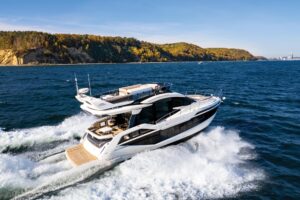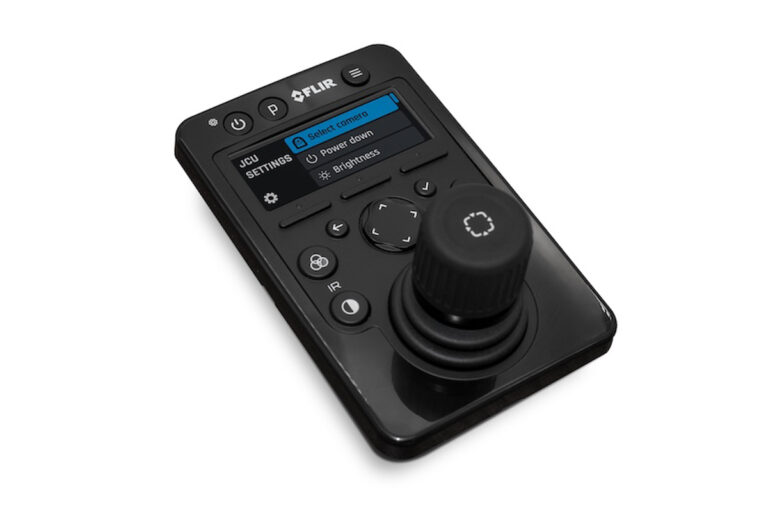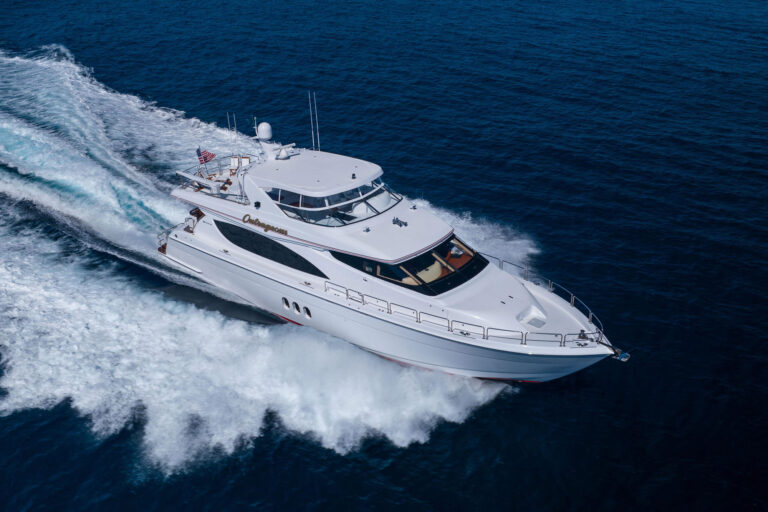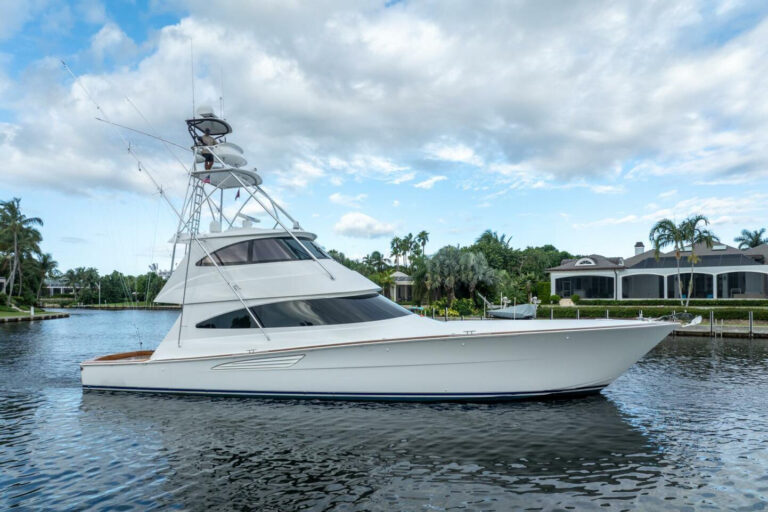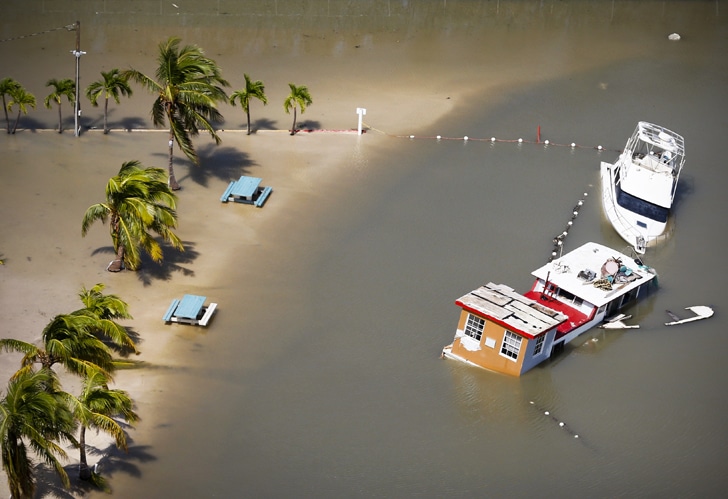
More than 700 captains and crew work for Sea Tow, and they see the good, the bad and the horrific when hurricanes hit. One common problem — scam artists offering boaters a tow — is usually part of any post-hurricane scene. The bright side following Harvey and Irma is that the number of those scam artists seems to be dwindling. “I haven’t heard a tremendous amount this time around,” says Capt. Joe Frohnhoefer III, Sea Tow’s CEO. “It’s only been getting better.” But on the flip side, some boaters with damaged boats are still falling victim to problems. They may work with towers who know how to get a hull back afloat, but who don’t know what to do with the boat next. “There are some people that were capable, they weren’t trying to scam, but they didn’t look out for the best interest of the boater,” Frohnhoefer says. “What we saw some of was people saying, ‘Hey, I’ll raise your boat,’ and then it’s just floating there.”
Here are Frohnhoefer’s suggestions for what to do if you need a tow:
1. Work with a reputable service. That means one with an online presence, proof of liability insurance, the ability to give you an invoice and receipt, and the ability to take more than one form of payment. “You don’t want somebody who pulls up without the proper equipment to cause more damage and release fuel or oil into the environment,” he says.
2. Make sure whomever you contract has a plan. That means an A-to-Z schedule of what’s going to happen with your boat and how it’s going to happen. You should know, before the tow, where the boat is going to end up, whether it’s going to be hauled out, and whether it’s going to be preserved or repaired.
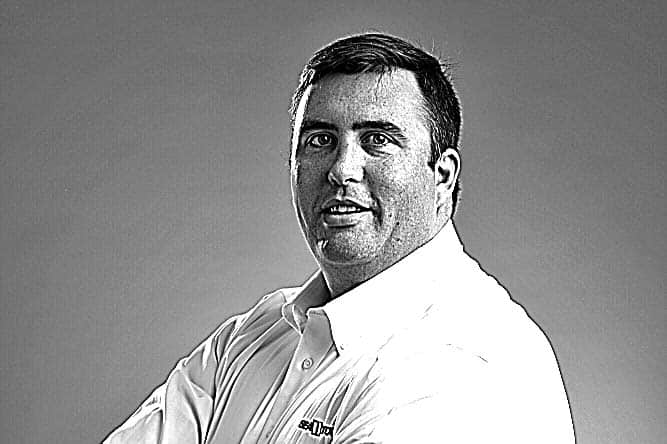
3. Schedule yard space before the tow. “The biggest problem we probably had was where to take boats,” Frohnhoefer says of Irma’s aftermath. “The marinas were full. Every boat was on land, on stands. A couple of our guys raised boats near Coconut Grove and had to tow them north of Fort Lauderdale.”
4. Have insurance paperwork in order and be ready to hand it over at the marina. “A lot of marinas are saying, ‘Who’s paying for this?'” he says. “If it’s the boat owner, they may not want to take it. If it’s an insurance company, they can talk to the company, and they know they’re going to get paid. They don’t want to end up with a lot of derelict stuff in their yard, chasing owners who ran out of town.”
5. Gather other paperwork too. “If it’s a total loss, but the insurance company is going to auction it because there’s maybe value in the running gear or something else on the boat, they’re going to need the title, the registration for the trailer if it’s a trailered boat, all of it,” Frohnhoefer says.
6. Remove all personal items from your boat. “Before it goes to the storage yard or wherever it’s going to go,” he says, “try to get access to it, or you’ll never see whatever it is again.” Don’t take fixed-mount equipment — insurance companies don’t like that, especially if it might result in further damage — and don’t take anything that would hurt the boat’s auction value.
7. Choose a secure location. “If it’s going to go to a yard, make sure it’s a secure yard,” Frohnhoefer says. “There have been reports of looting.”

